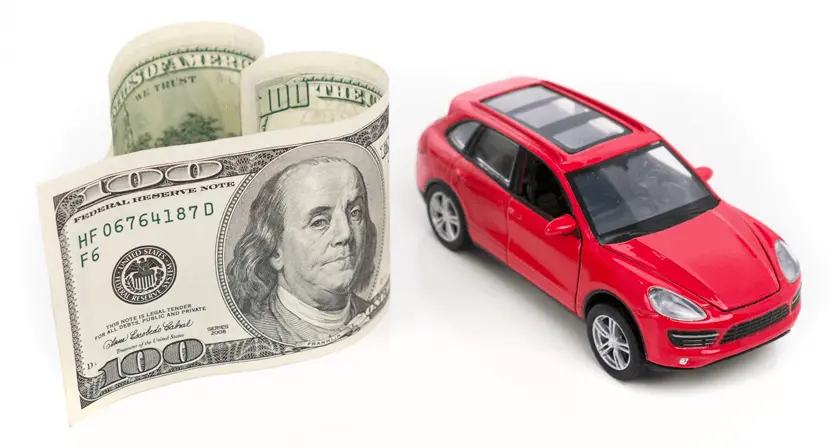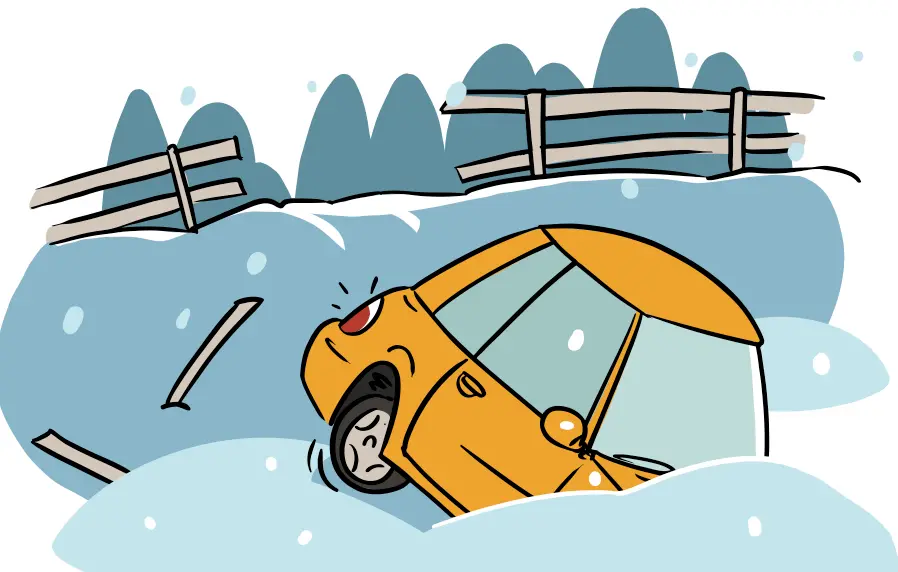The value of your car isn't the only determining factor. Learn more about the many other variables that come into play when shopping for full coverage auto insurance and tips for controlling your costs.
What Is Personal Injury Protection?
Personal Injury Protection—or PIP—is a type of coverage that will pay for certain expenses in the event of a personal injury to you, drivers listed on your policy or your passengers, regardless of who is at fault in an accident. For this reason, it is called “no-fault insurance” by some.
In a handful of U.S. states, PIP coverage is currently mandatory, so if you live in such a state, you need to know the minimum coverage required by your state’s laws and what PIP will and will not cover. For example, Utah law permits acupuncture treatments to be covered by PIP plans, but California doesn’t.
As of March 2014, the following states mandate PIP coverage:
- Delaware
- Florida
- Hawaii
- Kansas
- Kentucky
- Maryland
- Massachusetts
- Michigan
- Minnesota
- New Jersey
- New York
- North Dakota
- Oregon
- Pennsylvania
- Utah
But for the rest of us, what does PIP cover and who might need it?
PIP Basics
PIP could be considered a supplement to your health insurance as well as your car insurance. Because health care plans and auto insurance plans can pay for medical expenses related to an automobile collision, it’s important to not over-insure yourself with overlapping coverage. PIP is intended to fill in the gaps where your regular auto insurance and health care plan may fail to cover you.
Basically, a PIP can not only provide coverage for medical bills, it also can help in the following situations:
- Paying your bills if you have to miss work due to an accident.
- Child-care or housekeeping expenses to take care of your home while you recuperate.
- Funeral expenses if the worst happens and you die in an accident.
Determining Your Risk and Needs
As with other types of insurance, determining the best type and level of coverage for you depends on your particular risk profile.
For example, if you have extensive insurance coverage already, a pricey PIP policy wouldn’t make sense. You likely would be duplicating coverage provided by your other policies and overpaying on premiums. On the other hand, a person or family with limited health insurance might consider a PIP plan to round out their level of protection.
Another factor is who is riding in your car. If you mostly drive solo or with family members who already are covered under your health and life insurance policies, PIP coverage may unnecessarily duplicate those benefits.
However, what if you frequently drive people who aren’t covered by your own policies or who may lack coverage of their own? For example, if you’re a scout leader or regularly cart neighborhood kids to Sunday school. In this case, being in an accident could be a huge liability if you injure a passenger, and PIP coverage may be the right supplement to purchase.
And finally, you may enjoy the peace of mind offered by a PIP policy that can pay for things such as childcare and home maintenance services. A solo breadwinner with children may find this feature particularly valuable.
As with all types of insurance, the key is to understand your risk level as well as your budget. With insurance companies competing for customers, many options are available and can be found with just a little research and knowing the basics.


